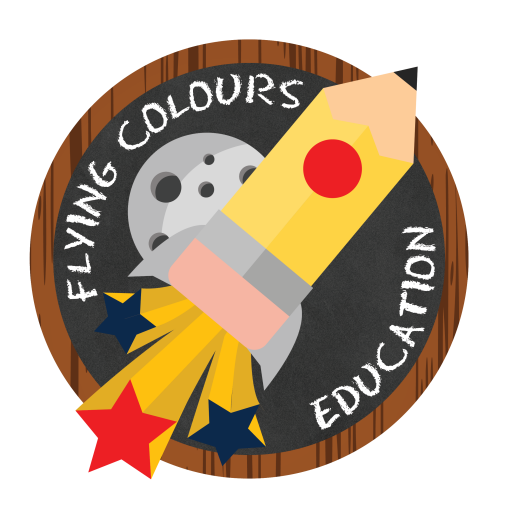What is Multi Sensory Learning
Research overwhelmingly suggests that students who have learning difficulties require a multi-sensory approach in order to help them understand concepts in Numeracy and Literacy. Multi Sensory means that all senses (visual, auditory, and kinaesthetic (tactile)) pathways are used simultaneously in order to assist students in mastering language and mathematical concepts. Current research strongly suggests that learners who are struggling with elements of learning benefit greatly when they are taught explicitly, sequentially and systematically. As such, all Flying Colours programs start off relatively easy, to build a student’s confidence, and gradually gets more difficult as the student grows, gains success and begins to understand how English and Maths works. Our programs focus on gaps in knowledge. Our specialist teachers and therapists continually assess each student and varies the program according the each student’s knowledge. The therapist will continually re-teach concepts to ensure mastery is achieved. One of the best things about Multi-sensory learning is that it’s not only for people with a dyslexia or dyscalculia diagnosis. Multi-sensory learning assists all students who are struggling with reading, spelling, writing and numeracy.
At Flying Colours, multi-sensory learning instruction is conducted by highly qualified and experienced therapists who understand and recognise learning difficulties.
WHAT IS DYSLEXIA?
- Problems learning the letter sounds for reading and spelling
- Difficulty in reading single words, such as on flash cards and in lists (decoding)
- Lack of accuracy
- Lack of fluency
- Reading slowly with many mistakes
- Poor spelling
- Reading comprehension can be impeded as a result of the above (Australian Dyslexia Association)
WHAT IS DYSCALCULIA
Dyscalculia is a condition that affects the ability to acquire arithmetical skills.
Dyscalculic learners may have difficulty understanding simple number concepts, lack an intuitive grasp of numbers, and have problems learning number facts and procedures. Even if they produce a correct answer or use a correct method, they may do so mechanically and without confidence.
The National Numeracy Strategy (DfES, 2001)
Does my child have dyscalculia?
The primary symptoms of dyscalculia are difficulties in:
> Number sense
> Memorisation of arithmetic facts
> Accurate and fluent calculation
> Accurate math reasoning
